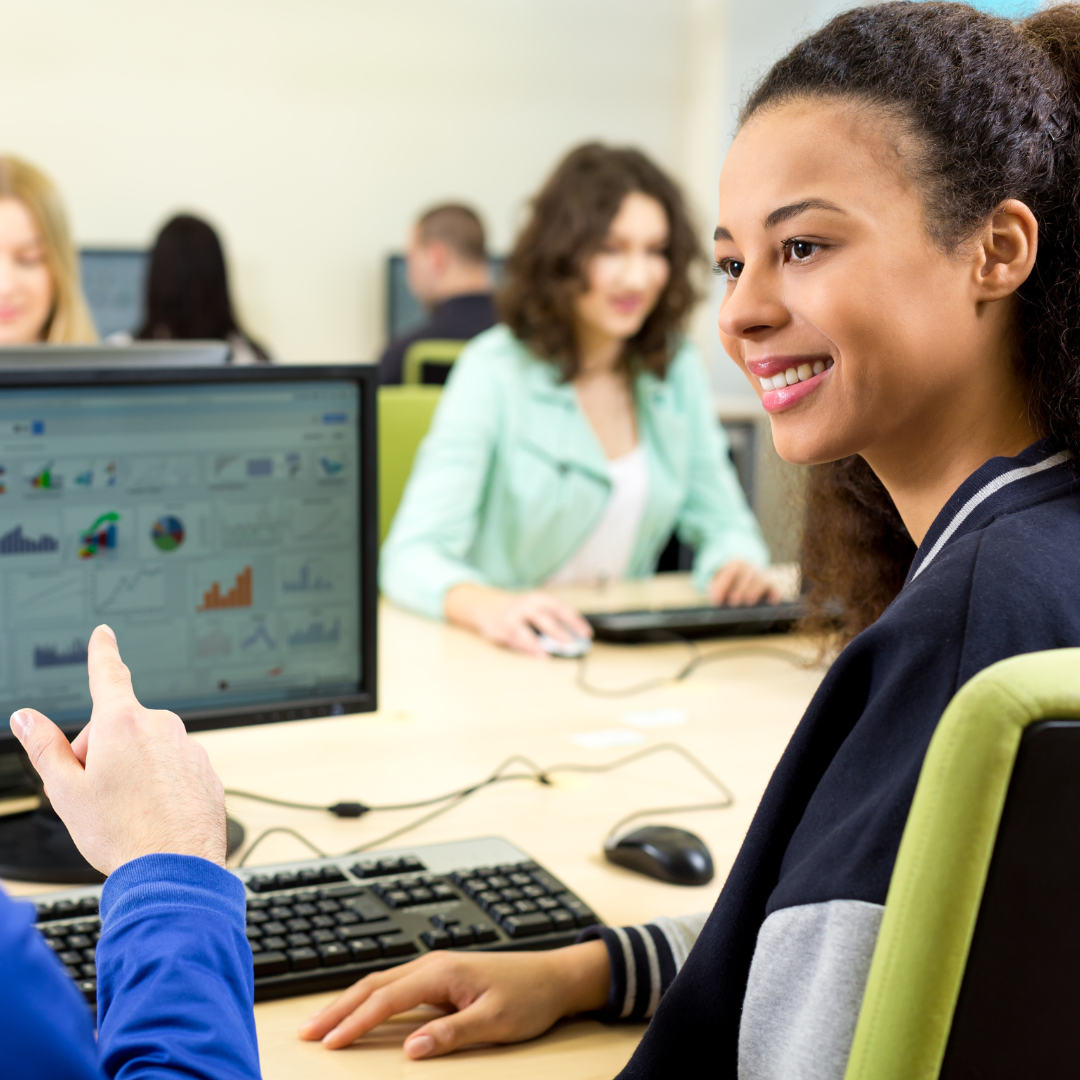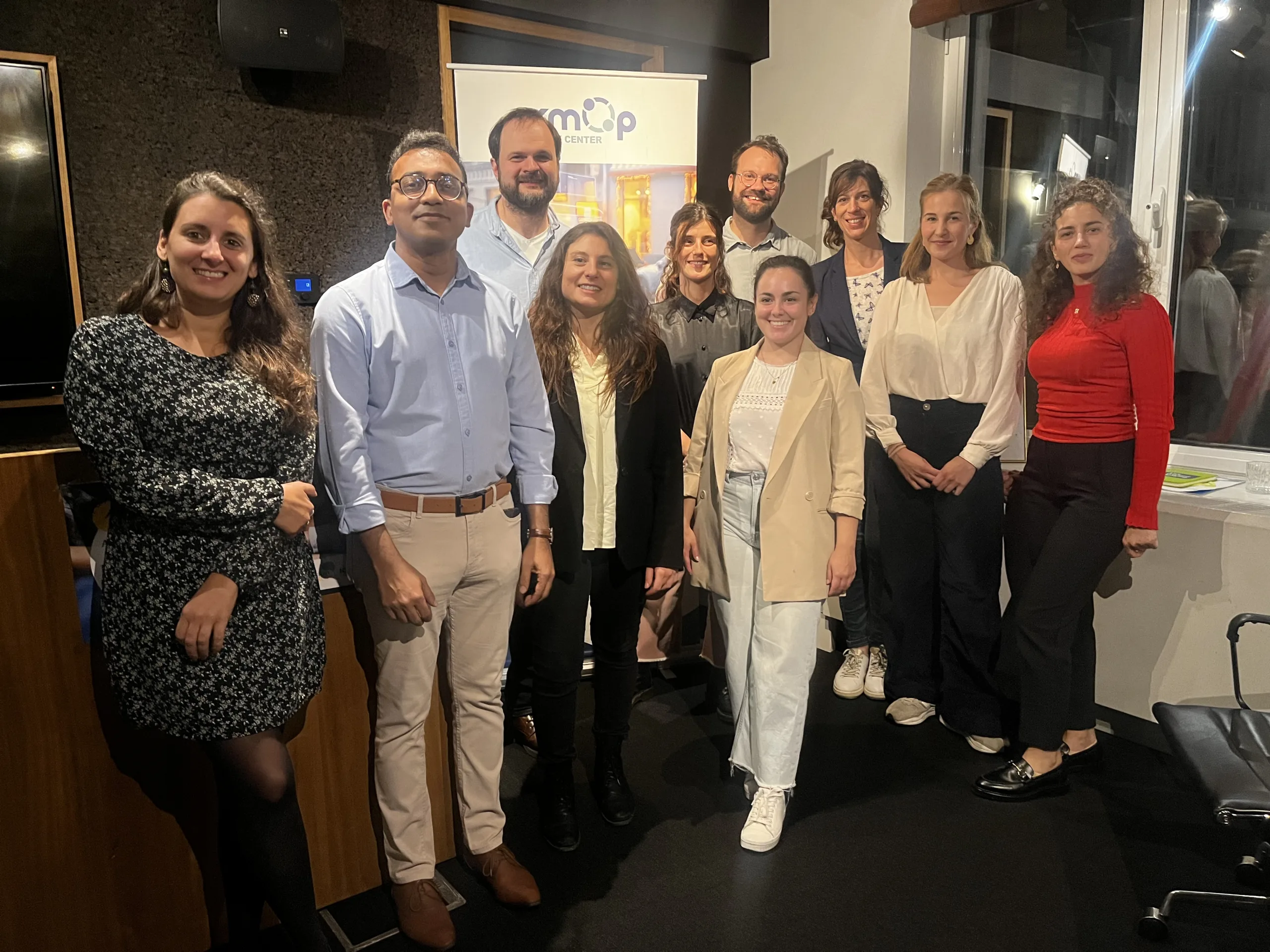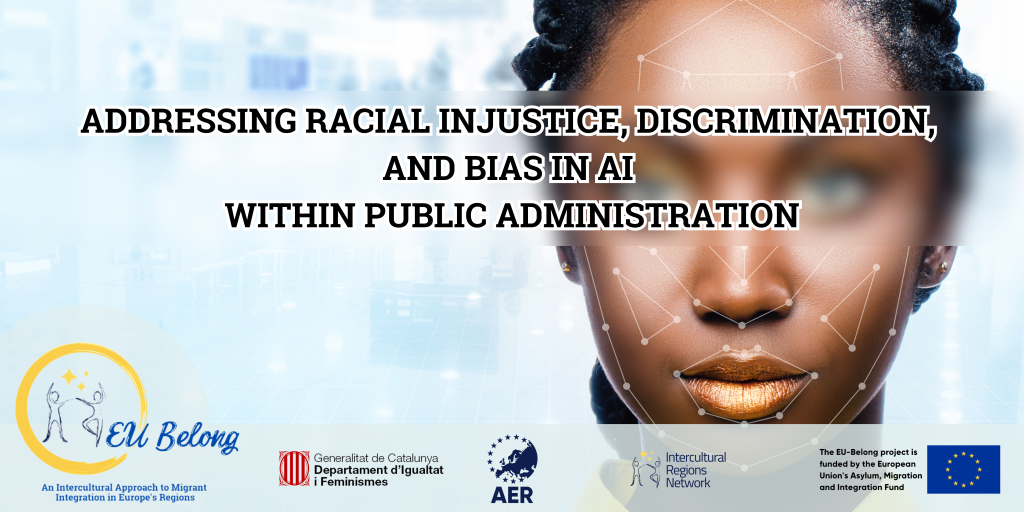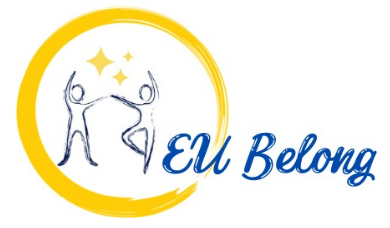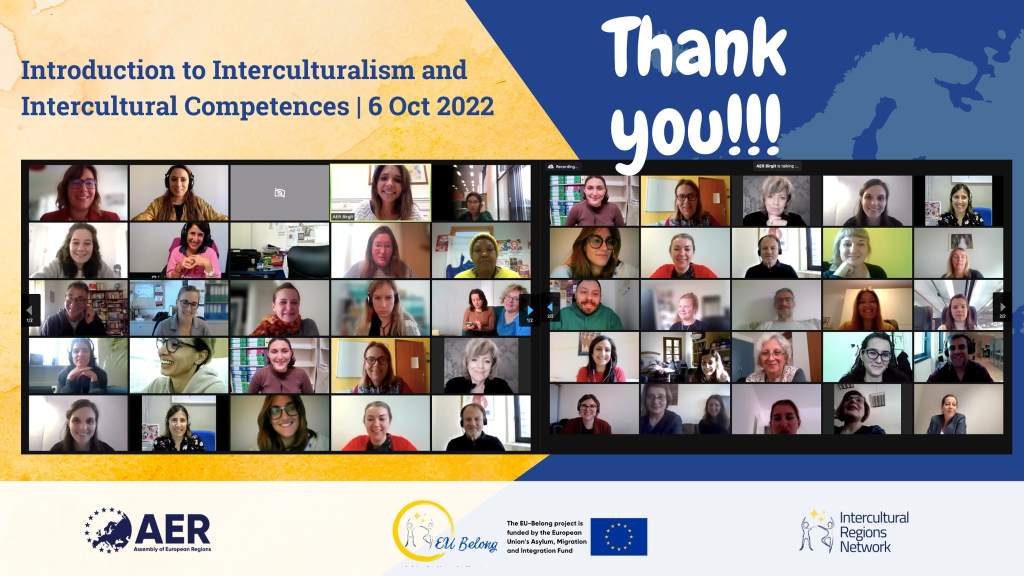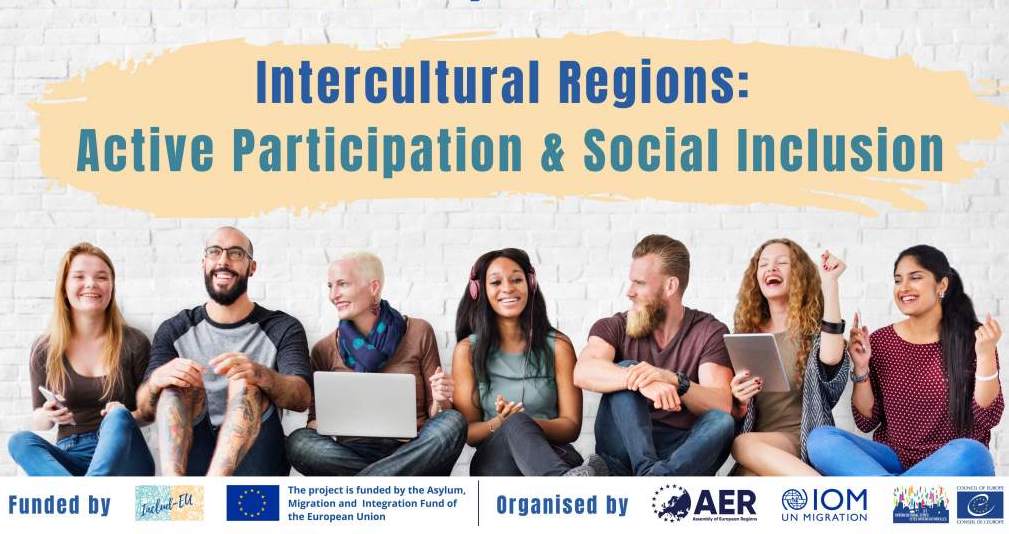Skills of the Future
What are the skills the future needs and how do we ensure we are able to build these? As trends such as globalisation and advances in artificial intelligence change both the demands of the labour market, and the skills that are required for workers to succeed, people need to rely even more on their relational skills, reflexivity, creativity, and the ability to “learn to learn” throughout their life.
The OECD Learning Compass 2030 distinguishes between three different types of skills:
- cognitive and meta-cognitive skills, which include critical thinking, creative thinking, learning-to-learn and self-regulation
- social and emotional skills, which include empathy, self-efficacy, responsibility and collaboration
- practical and physical skills, which include using new information and communication technology devices
- gather insights, inputs, tools, ideas on the development of climate resilient, inclusive, innovative, cohesive, thriving places, spaces, territories
- generate multistakeholder conversations around territorial development in the face of societal challenges
- disseminate tools, findings, practices developed in the context of the EU-Belong project, which may be of use to different stakeholders and institutions across wider Europe
- amplify the visibility of relevant resources, practices, tools
- facilitate peer-learning and peer-to-peer assistance
